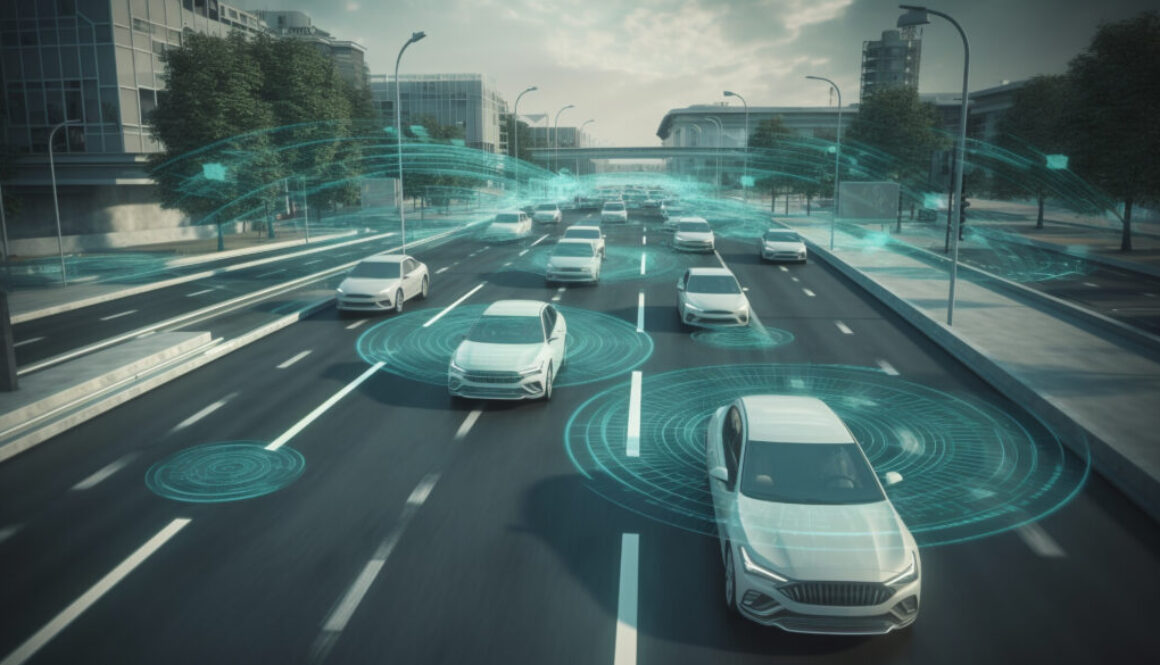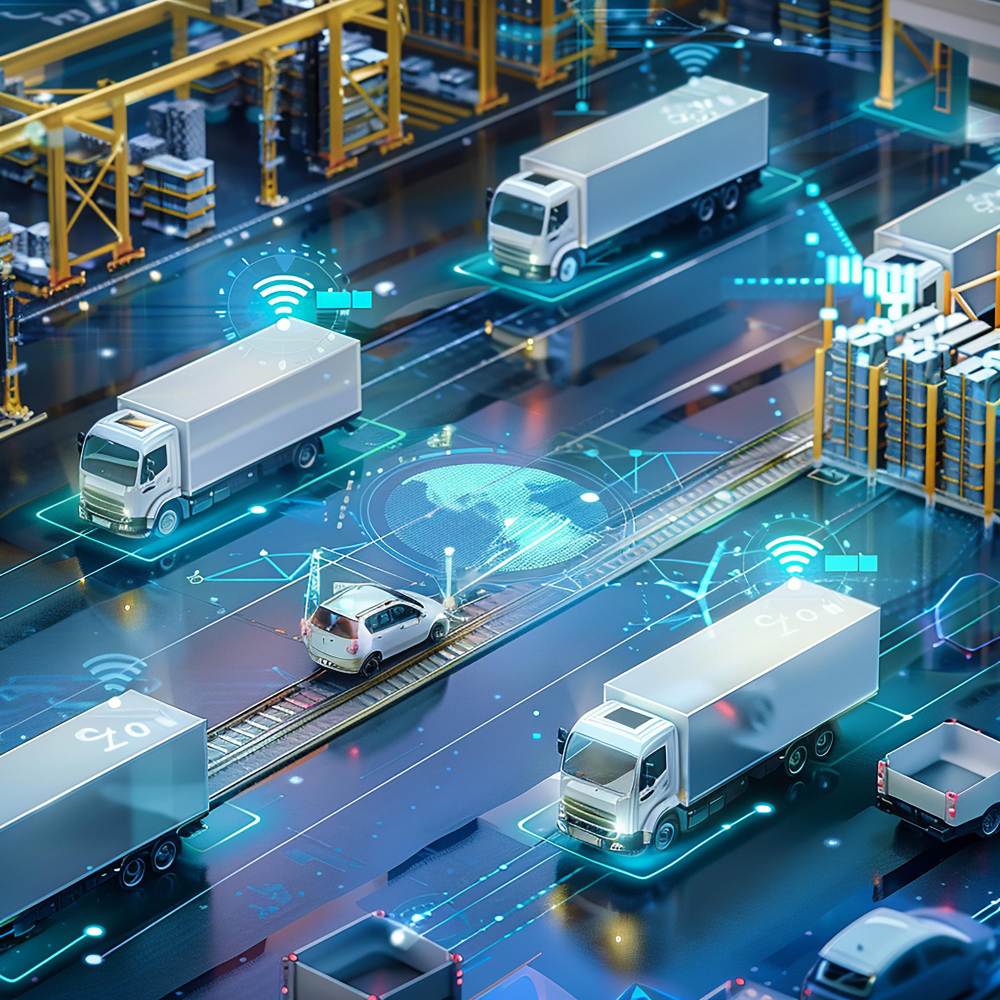Enhancing Road Safety: How AWS AI Services Are Revolutionizing Driver Awareness
In logistics and transportation, safety is more than a metric—it’s a mission. With human error contributing to over 90% of road accidents, moving from reactive accident analysis to proactive, AI-driven safety measures is no longer optional—it’s essential. Amazon Web Services (AWS) offers a comprehensive suite of AI and machine learning (ML) tools that empower fleet operators to anticipate risks and prevent accidents in real time.
The Evolution of Driver Monitoring
Fleet safety has traditionally relied on telematics—basic data like GPS location, speed, and engine diagnostics. Today, advanced technologies such as Computer Vision (CV) and Generative AI enable a deeper understanding of driving behaviour and context. Is the driver distracted by a phone? Are road conditions hazardous? Could a pedestrian step into the lane?
By leveraging AWS, organizations can implement a multi-layered safety system that processes critical data both at the edge (inside the vehicle) and in the cloud, creating an intelligent and responsive driving environment.
Architecture of a Safer Drive
A robust driver safety system combines multiple AWS services into a seamless, real-time pipeline:
- Real-Time Detection at the Edge
With AWS IoT Greengrass, AI/ML models can run directly on ADAS-enabled in-vehicle hardware such as smart dashcams and advanced telematics units. This allows near-instant, on-device detection of critical safety risks—going beyond basic telematics to real-time driver and road awareness:
- Distracted Driving: Detects when a driver’s attention leaves the road or when a handheld device is in use.
- Drowsiness: Identifies fatigue indicators such as frequent yawning, prolonged eye closure, or heavy eyelids.
- Lane Departure: Alerts the driver when the vehicle unintentionally drifts out of its lane without signaling.
- Additional Driving Behaviors: Detects other driving behavior characteristics such as speeding, harsh acceleration/brakes/turns, tailgating etc.
- AWS IoT Fleetwise
AWS IoT Fleetwise helps data collection, standardization, and analysis for fleets of connected vehicles. It streamlines the management and processing of vehicle data to improve fleet operations and safety. - Video Analysis with Amazon Bedrock
Raw video footage is often overwhelming to review manually. Using Amazon Bedrock with models like Amazon Nova Pro, multi-camera feeds can be analysed automatically to generate concise safety insights. This transforms hours of footage into actionable intelligence for fleet managers.
Organizations using AWS AI for video analysis have reported huge improvements in efficiency compared to manual review. Automated video summaries and insights can cut down the time needed for review by up to ten times. Plus, by customizing AI models specifically for their needs with Amazon Bedrock, many fleets have seen accuracy improve by 66–73%, with fewer false alarms and less need for manual checks. Altogether, this makes it much easier and more cost-effective to monitor fleet safety, allowing human experts to focus only on truly important high-risk events.
- Predictive Insights with Amazon SageMaker
While real-time alerts prevent immediate dangers, Amazon SageMaker enables predictive safety strategies. By analyzing historical data—traffic patterns, weather conditions, and driver behavior—fleets can create Risk Profiles. These profiles identify high-risk routes or shifts, allowing managers to adjust schedules and reduce the likelihood of accidents before they happen.
Beyond Detection: The In-Vehicle AI Companion
True safety is proactive, not just reactive. AWS powers next-generation In-Vehicle AI Assistants that support drivers in real time:
- Warning Light Support: When a “Check Engine” light appears, vehicle data from the On-Board Diagnostics (OBD) system is securely transmitted to the cloud. Using Amazon Bedrock–powered AI, the driver can ask, “What does this mean?” and receive a clear, natural-language explanation of the issue, its severity, and recommended next steps.
- Proactive Maintenance: By continuously analyzing OBD data and sensor inputs (such as tire pressure and engine health), AI can detect early signs of mechanical issues and automatically identify the nearest authorized service station—reducing the risk of critical failures and unplanned downtime.
Conclusion: Building a Culture of Safety
AWS-driven safety solutions are not about surveillance—they’re about empowerment. By equipping drivers with real-time insights and providing fleet managers with actionable data, organizations create a continuous feedback loop that saves lives, lowers insurance costs, and ensures every driver returns home safely.
Ready to take your fleet’s safety to the next level? Leverage AWS AI services today to transform driver awareness, prevent accidents before they happen, and create a culture where every journey is safer. Get started now and drive toward a smarter, safer future.











